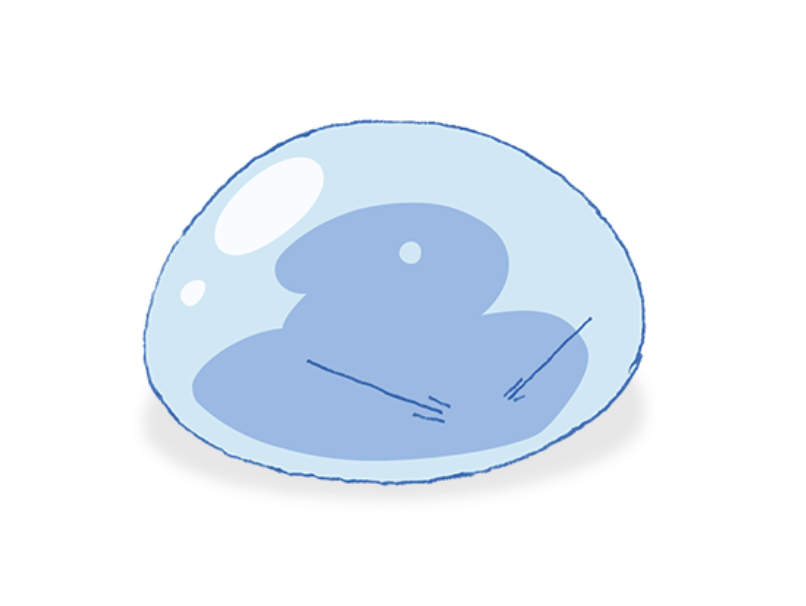티스토리 뷰
1. 세트
중복되지 않는 항목들의 컬렉션
# 1. 생성
s1 = {}
print(s1)
print(type(s1)) # dict타입
s1 = {1, 3, 5, 7}
print(s1)
print(type(s1)) # set타입
# 2. 메소드
# add() : 셋에 항목을 추가
s1 = {100, 200}
s1.add(15)
print(s1) # 순서가 일정하지 않음
s1.add(60)
print(s1)
# update() : 셋에 여러 항목을 한번에 추가
s1 = {100, 200}
s1.update([40, 50, 60, 20])
print(s1)
# remove() : 셋의 항목을 제거, 항목이 없으면 KeyError 발생
s1.remove(20)
print(s1)
# discard() : 셋의 항목을 제거, 항목이 없어도 에러 없음
s1 = {10, 20, 30}
s1.discard(30)
print(s1)
s1.discard(30)
print(s1) # 에러 없음
# copy() : 셋 복사
s1 = {10, 20, 30}
s2 = s1.copy()
print(s1)
print(s2)
print(id(s1))
print(id(s2)) # 주소는 다름
# union() : 합집합, intersection() : 교집합, difference() : 차집합
s1 = {10, 20, 30, 40, 50}
s2 = {30, 40, 50, 60, 70}
result1 = s1.union(s2)
result2 = s1.intersection(s2)
result3 = s1.difference(s2)
print(result1)
print(result2)
print(result3)
# symmetric_difference() : ^연산자, 두개의 세트 대칭 차집합, 합집합-교집합
result = s1.symmetric_difference(s2)
print(result)
print(s1^s2)
2. 딕셔너리
키-값 쌍을 저장하는 변경 가능한 컬렉션
# 1. 생성
dic1 = {} #빈 딕셔너리 생성
print(dic1)
dic2 = {1:'김사과', 2:'반하나', 3:'오렌지', 4:'이메론'}
print(dic2)
print(dic2[1]) # 김사과
print(dic2[3]) # 오렌지
dic3 = {'no':1, 'userid':'apple', 'name':'김사과', 'hp':'010-1111-1111'}
print(dic3)
print(dic3['no']) # 1
print(dic3['userid']) # apple
# 2. 변경 가능 (키-값 추가 제거 변경)
dic1 = {1:'apple'}
print(dic1) # {1: 'apple'}
dic1[100] = 'orange'
print(dic1) # {1: 'apple', 100: 'orange'}
dic1[50] = 'melon'
print(dic1) # {1: 'apple', 100: 'orange', 50: 'melon'}
del dic1[1]
print(dic1) # {100: 'orange', 50: 'melon'}
# 3. 키, 값의 제약
# 리스트는 키로 사용 불가, 값은 상관없음
dic1 = {'no':1, 'userid':'apple', 'name':'김사과', 'hp':'010-1111-1111'}
dic1['no'] = 10 # 원래 있던 키에 값 덮어쓰기
print(dic1)
dic1['점수'] = [90, 100, 50] # 새로운 키, 값 추가
print(dic1)
dic1[(1,2,3)] = ('⚽️','🏀','🎱') # 키 값으로 튜플 가능
print(dic1)
#dic1[[1,2,3]] = ('⚽️','🏀','🎱') # 키 값으로 리스트 불가능 TypeError: unhashable type: 'list'
dic1['스포츠'] = {'축구':'⚽️', '농구':'🏀', '볼링':'🎱'}
print(dic1)
# {'no': 10, 'userid': 'apple', 'name': '김사과', 'hp': '010-1111-1111', '점수': [90, 100, 50], (1, 2, 3): ('⚽️', '🏀', '🎱'), '스포츠': {'축구': '⚽️', '농구': '🏀', '볼링': '🎱'}}
# 4. 함수와 메서드
dic1 = {'no':1, 'userid':'apple', 'name':'김사과', 'hp':'010-1111-1111'}
print(len(dic1)) # 4
print(dic1.keys()) # keys() : 딕셔너리의 모든 키를 반환
print(dic1.items()) # items() : 딕셔너리의 모든 키-값을 튜플로 반환
print(dic1.get('userid')) # get() : 특정 키의 값을 반환, 없으면 None 반환
print(dic1['userid']) # 같은 결과
print(dic1.get('age'))
print(dic1.get('age', '나이를 알 수 없음'))
print(dic1.pop('hp')) # pop() : 특정 키의 값을 제거하고 반환
print(dic1) # hp키가 제거되어있음
# in 연산자
dic1 = {'no':1, 'userid':'apple', 'name':'김사과', 'hp':'010-1111-1111'}
print('hp' in dic1) # True
print('age' in dic1) # False
'Python' 카테고리의 다른 글
| 9. 파이썬의 컬렉션과 반복문 (0) | 2024.03.18 |
|---|---|
| 8. 파이썬의 제어문 - 조건문, 반복문 (0) | 2024.03.18 |
| 5. 파이썬의 컬렉션 타입 - 리스트, 튜플 (0) | 2024.03.13 |
| 4. (과제1) 실수 연산에 관하여 (0) | 2024.03.12 |
| 3. 파이썬의 출력, 변수, 문자열 (0) | 2024.03.12 |
공지사항
최근에 올라온 글
최근에 달린 댓글
- Total
- Today
- Yesterday
링크
TAG
- __call__
- 고정위치
- 변수
- 파이썬SQL연동
- Python
- Enclosing
- html이론
- DB프로그램만들기
- trasform
- DB단어장
- 리스트
- FOR
- JavaScript
- 클래스문
- MySQL
- 폼
- 상대위치
- 절대위치
- 박스사이징
- EPL정보프로그램
- 솔로의식탁
- CSS
- MySQLdb
- 출력
- animation적용
- 로또번호생성
- 줄 간격
- 닷홈
- HTML
- 셋
| 일 | 월 | 화 | 수 | 목 | 금 | 토 |
|---|---|---|---|---|---|---|
| 1 | 2 | 3 | ||||
| 4 | 5 | 6 | 7 | 8 | 9 | 10 |
| 11 | 12 | 13 | 14 | 15 | 16 | 17 |
| 18 | 19 | 20 | 21 | 22 | 23 | 24 |
| 25 | 26 | 27 | 28 | 29 | 30 | 31 |
글 보관함
